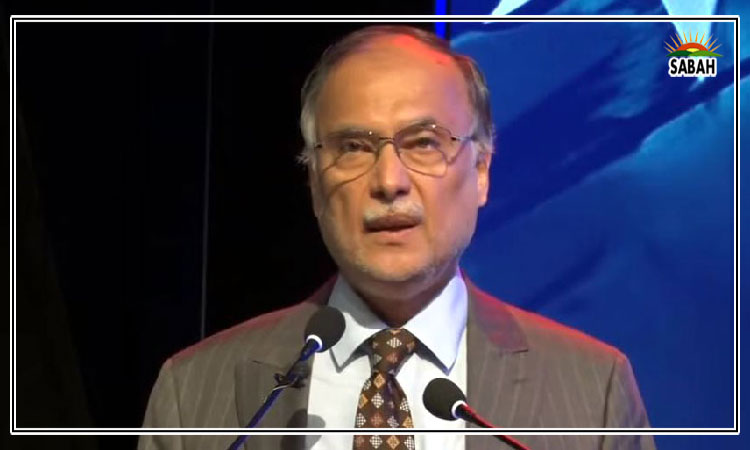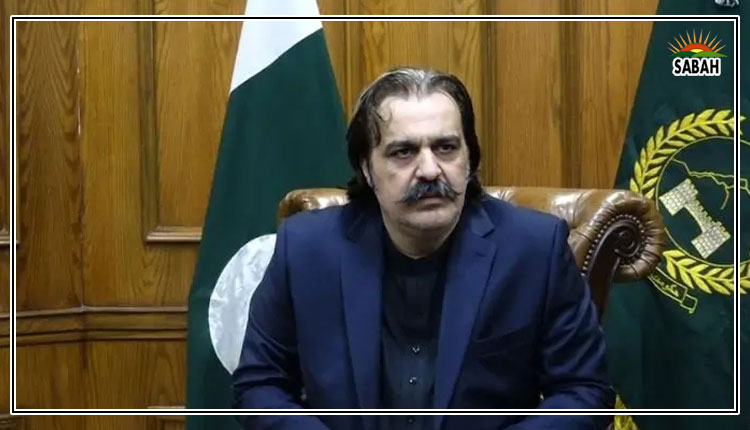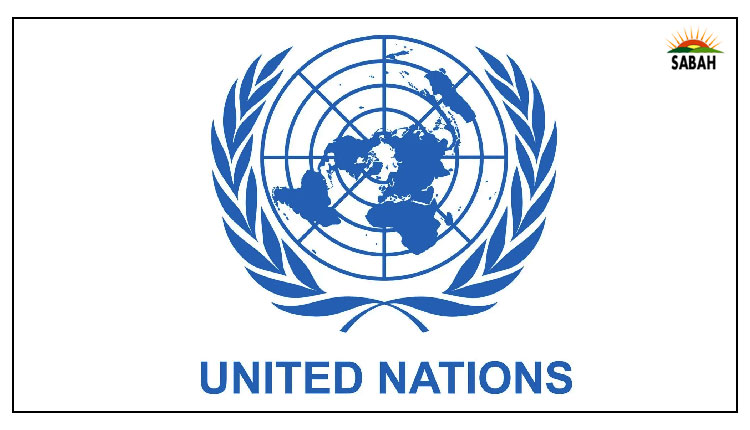United Nations should give meaning to the sufferings of Kashmiris…..Dr. Ghulam Nabi Fai
The 134th session of the United Nations Working Group on Enforced or Involuntary Disappearances (WGEID) is being held in Geneva under the chairmanship of Professor Aua Baldé of Guinea-Bissau. The Group comprises of five independent experts from all regions of the world. The mandate of WGEID states that “One of the Working Group’s primary tasks is to assist families in determining the fate or whereabouts of their family members who are reportedly disappeared. In that humanitarian capacity, the Working Group serves as a channel of communication between family members of victims of enforced disappearance and other sources reporting cases of disappearances, and the Governments concerned.”

The Working Group stated on September 217, 024 that “The brevity of the detention periods and the lack of transparency by the detaining authorities create difficulties in collecting evidence and the reappearance of victims before formal complaints can be filed provides a layer of impunity for the perpetrators of the crime.”
Earlier on March 24, the Working Group on Enforced or Involuntary Disappearance and UN special rapporteurs on the situation of human rights defenders expressed concern regarding the (Indian) government’s treatment of Kashmiri human rights defenders and called for the closing of investigations against them and for their release. Rapporteurs noted continued allegations of lack of identification, protection, and preservation of large numbers of unmarked single and mass burial sites in Kashmir, including the failure to conduct proper forensic investigations, efforts to search for the forcibly disappeared, and the lack of progress in identifying the remains of individuals buried therein in accordance with international standards. The rapporteurs stated they were concerned by reports of intimidation and harassment against individuals and civil society organizations, including human rights defenders and journalists who called for investigation and accountability.
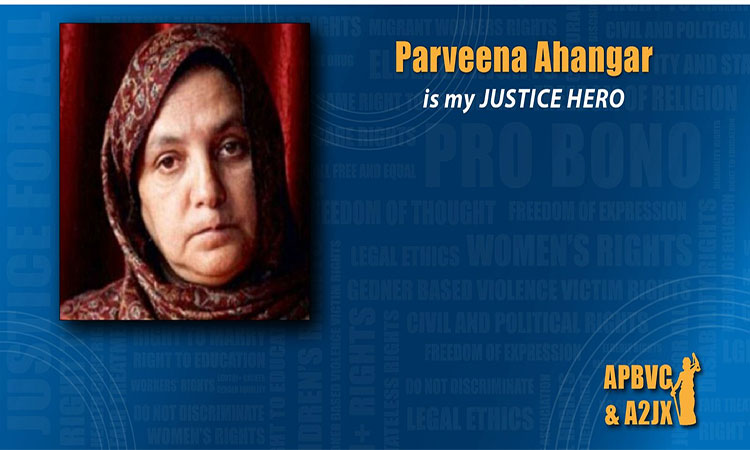
It should be noted that 57th session of the UN Human Rights Committee is also taking place this week in Geneva. The Committee comprises of 18 independent experts. The Committee earlier issued a report on India on July 25, 2024, which states, “The Committee also voiced its concern over the application of counter-terrorism legislation for decades in “disturbed areas”, such as districts in Manipur, Jammu and Kashmir and Assam, has led to widespread and grave human rights violations, including excessive use of force leading to unlawful killings, prolonged arbitrary detention, sexual violence, forced displacement and torture.
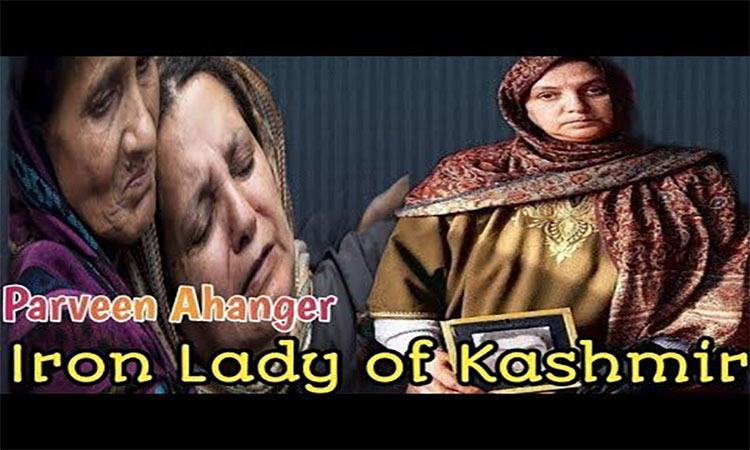
As we know that the United Nations High Commissioner on Human Rights issued a 49-pages report on the ‘Situation in Kashmir’ on June 14, 2018. The reports detail many instances of enforced disappearances as under: “Impunity for enforced or involuntary disappearances in Kashmir continues as there has been little movement towards credibly investigating complaints, including into alleged sites of mass graves in the Kashmir Valley and Jammu region.
The report also makes 17 recommendations to the Government of India so as to bring these atrocities to an end, including: — “In line with its standing invitation to the Special Procedures, accept the invitation requests of the almost 20 mandates that have made such requests; in particular, accept the request of the Working Group on Enforced or Involuntary Disappearances and facilitate its visit to India, including to Jammu and Kashmir.”
May I remind the Working Group that it is charged with the mandate to give ‘meaning to the sufferings of the human race.’ In this regard, I will not burden the Working Group with details of the atrocities committed by 900,000 Indian military and paramilitary forces in Kashmir. Suffice it to state that the people of Kashmir have been waging a peaceful struggle to achieve the right to self-determination and the occupying power, India has been using all possible force to deny them this right. Enforced and involuntary disappearances constitute an important element of the occupying power’s strategy to retain its hold on the territory. Intellectuals, journalists, human rights activists. Doctors, engineers, common folk, men, women and children have disappeared over the past 33 years without a trace.
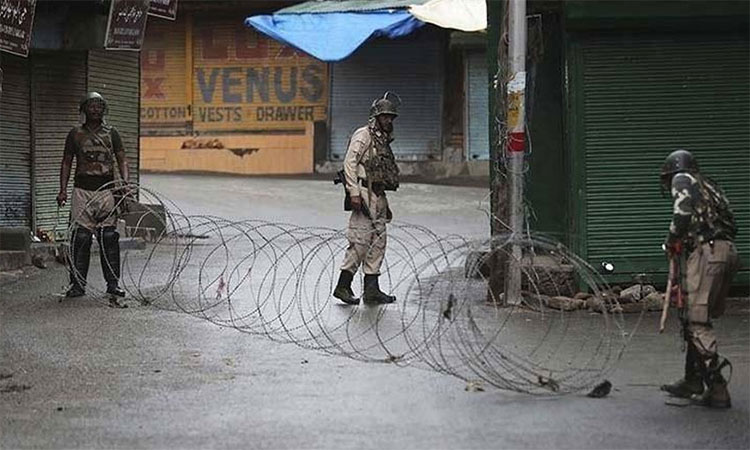
Enforced and involuntary disappearances have been of deep concern to the US Administration. The US Department of State in its 2023 Country report on Human Rights Practices in India expressed its concern in these words. “There were reports of disappearances by or on behalf of government authorities, including allegations police failed to file required arrest reports for detained persons, resulting in unresolved disappearances. The Country Report added that, “According to human rights organizations, approximately 8,000-10,000 persons disappeared in the J&K region between 1989-2006, allegedly attributed to government forces, paramilitary forces, and terrorists. Data documenting disappearances in J&K since 2006 were limited.”
Parveena Ahangar, (Iron lady of Kashmir) chair and founder of the Association of Parents of Disappeared Persons (APDP) was nominated for the Nobel Peace Prize in 2005. She is the recipient of Norway’s Rafto Prize in 2017 for her “protests against enforced disappearances” and for demanding justice for victims of violence in Jammu and Kashmir. She was named as one of the BBC 100 Women, a list of 100 inspiring and influential women from around the world for 2019. CNN IBN, an Indian media channel nominated her for an award which she rejected on account of the misleading methods by Indian media over the pain and suffering of the people of Kashmir.
Ms. Ahangar says, “I am myself a sufferer. My 18-year-old son who was abducted by the Indian Army in 1990 has not been returned to me, and there are hundreds of mothers who are still waiting for their sons but have not been returned. I’m fighting for the return of our sons.”
Since the Working Group focuses on the implementation of the Declaration on the Protection of All Persons from Enforced Disappearances. I, therefore, intend to present our case with reference to specific articles of the Declaration.
Article 2 & 5 holds the state and state authorities liable which organize, acquiesce in or tolerate ‘disappearances.’ But no body holds the state authorities in Kashmir liable for its continued policy of making people ‘disappear’.
Human Rights Watch in its report, ‘India’s Secret Army in Kashmir’ on page 3 writes, “Regular (Indian) forces have also been responsible for disappearances and reprisal attacks against civilians.”
According to Article 3, any person deprived of liberty shall be held in an officially recognized place of detention, and in conformity with national law be brought before judicial authority promptly after detention. The article also requires that accurate information on detention be provided to members of the family. This article is consistently violated in Kashmir.
Madame Chairperson, perhaps one of the rare reports that made it across India’s iron curtain of secrecy, published in the Los Angeles Times (August 29, 1993) presents a painful account of the sufferings of the relatives of the ‘disappeared’ persons. It reads, “Each morning, a sad parade of men and women wanders from government office to office in Srinagar (Capitol city of Kashmir), clutching tattered legal petitioned and writs, and desperate hopes of finding those who have been arrested or disappeared.”
The people of Kashmir have borne and are bearing great pain, suffering and humiliation, in the hope that the United Nations will fulfill its obligations in Kashmir. We appeal to you to pursue the cases of more than 10,000 disappeared persons in Kashmir and help save these lives at least.
September 19, 2024
Dr. Fai is also the Secretary general, World Kashmir Awareness Forum.
He can be reached at: WhatsApp: 1-202-607-6435. Or. gnfai2003@yahoo.com
www.kashmirawareness.org



